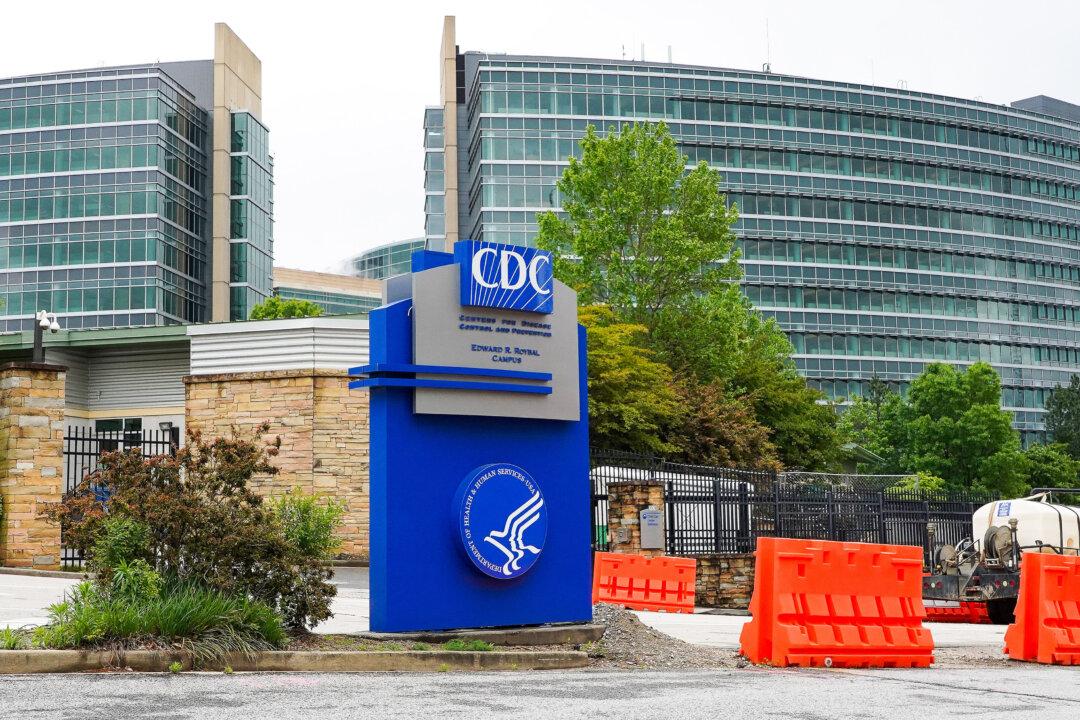The U.S. Centers for Disease Control and Prevention (CDC) said that 2023 saw an overall decline in drug overdose deaths across the United States but still described the totals as “staggering,” according to a recent report.
Data from the CDC shows there were an estimated 107,543 drug overdose deaths in the United States last year, representing a 3 percent decrease from 111,029 deaths reported in 2022.





